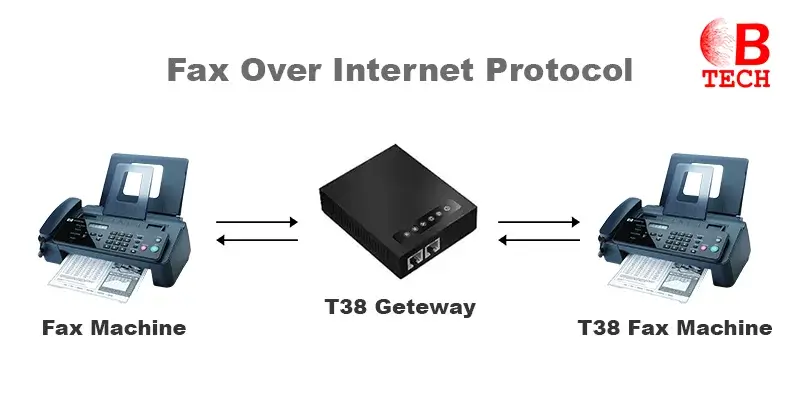Definition
A virtual IP address, or VIPA, refers to an IP address that multiple domain names or servers use simultaneously. This setup occurs on a single network interface card (NIC).
How are VIPAs Assigned?

Network administrators assign a single network IP address to the host server. On this server, various applications such as virtual private servers, websites or other programs can each receive a virtual IP address.
Benefits of Virtual IP Addresses
Virtual IP addresses play an important role in enhancing network performance. They help distribute network traffic evenly, ensuring better load balancing. Moreover, they contribute to higher network redundancy, improving the overall reliability and availability of network services.
Exploring Virtual IP Addresses (VIPAs)
Purpose of Virtual IP Addresses
VIPAs primarily serve to consolidate resources by allowing multiple applications to share a single network interface. This setup not only maximizes the use of hardware but also improves system efficiency.
Enhancing Redundancy & Failover Options
VIPAs enhance redundancy, offering alternative options for failover on a single machine. This ensures continuous service availability even in the event of a hardware failure.
Implementation and Network Communication
Each server typically has a unique server IP address linked to the Media Access Control (MAC) address of its network interface card (NIC). Traditionally, one logical IP address is assigned per NIC. However, VIPAs allow a single server to host multiple applications and virtual appliances under one logical IP address. All hosted applications use the VIPA for communication, though the actual data transmission occurs through the physical network interfaces.
Optimizing Load Balancing & Performance
Hosting several application instances with distinct VIPAs on the same server facilitates easy switching between them. This capability significantly improves load balancing and performance while reducing latency.
Variations & Scenarios of VIPAs
VIPAs can vary in their implementation, with scenarios including the Common Address Redundancy Protocol (CARP) and Proxy Address Resolution Protocol (Proxy ARP). These variations help in adapting VIPAs to different network needs and enhancing overall network resilience.



